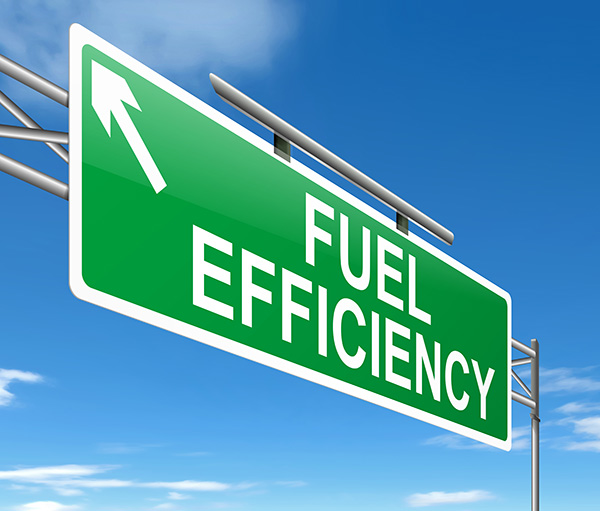
With gas prices always seeming to fluctuate, finding ways to improve your car's fuel efficiency is a smart move. Not only does it help you save money, but it’s also better for the environment. There are several simple steps you can take to stretch each gallon of gas a little further, and the good news is that many of these changes don’t require expensive upgrades or a total lifestyle shift. So, if you're ready to keep your car running more efficiently and make fewer trips to the gas station, let’s talk about the best ways to boost your car’s fuel economy.
Keep Your Tires Properly Inflated
One of the easiest and most effective ways to improve your car’s fuel efficiency is by making sure your tires are inflated to the correct pressure. Under-inflated tires create more resistance on the road, which forces your engine to work harder and burn more fuel. You can often find the recommended tire pressure in your car's owner manual or on a sticker inside the driver’s door.
Regularly checking your tire pressure, especially during seasonal temperature changes, can make a noticeable difference. If you’re not in the habit of checking your tires frequently, now is the time to start. Not only will properly inflated tires improve your gas mileage, but they also help extend the life of the tires themselves.
Avoid Aggressive Driving
We’ve all been there—rushing to make it to an appointment or just feeling the need to get somewhere fast. But aggressive driving habits, like rapid acceleration, speeding, and hard braking, can dramatically lower your fuel efficiency. Smooth, steady driving helps maintain a more consistent engine speed, which in turn consumes less fuel.
Try to anticipate the flow of traffic and ease into stops and starts. Not only will this improve your fuel economy, but it will also reduce the wear and tear on your car, helping extend its lifespan. If you're always in a hurry, consider leaving a few minutes earlier—your wallet will thank you.
Lighten Your Load
If you're carrying around unnecessary weight in your car, it could be costing you extra at the pump. The heavier your vehicle, the more fuel it needs to move. Take a look in your trunk or backseat and remove any items you don’t need for your trip. Even an extra 100 pounds can reduce fuel efficiency by a few percentage points.
Consider streamlining your vehicle. Roof racks, bike racks, and cargo boxes create drag that can lower your fuel economy, especially at higher speeds. If you don’t need them for a trip, it’s best to remove them to reduce wind resistance and improve your car’s aerodynamics.
Maintain Regular Vehicle Maintenance
Keeping up with your car’s regular maintenance schedule is essential for good fuel efficiency. A well-maintained vehicle runs more efficiently, which means better gas mileage. Things like oil changes, replacing air filters, and tuning up your engine can all make a big difference.
An often overlooked component of fuel efficiency is your car's air filter. A clogged or dirty air filter can restrict airflow to the engine, making it harder for your engine to “breathe,” which in turn can cause it to use more fuel. Replacing a dirty air filter can improve your car’s fuel economy by up to 10%.
Getting your spark plugs checked is also a good idea. Faulty spark plugs can lead to misfires, which waste fuel. If you’re unsure about the current state of your car, having it inspected by a professional can catch these issues before they become costly.
Watch Your Speed
We all like to get to our destinations as quickly as possible, but speeding is not only dangerous, it’s also terrible for your fuel economy. Most vehicles hit their optimal fuel efficiency between 50 and 60 miles per hour. Once you go over that, your fuel efficiency drops off significantly.
Driving at high speeds increases wind resistance and makes your engine work harder. In fact, for every five miles per hour you drive over 60 mph, you’re essentially paying an extra 10% for gas. So, if fuel economy is a priority, slowing down a bit can save you quite a bit of money over time.
Use Cruise Control Wisely
When driving on the highway, using cruise control can help maintain a consistent speed and improve fuel efficiency, especially over long distances. It prevents the unnecessary speeding up and slowing down that can waste gas. However, cruise control should be used carefully in hilly or uneven terrain, as it can sometimes cause your engine to rev up more than necessary.
Is your car running as efficiently as it could be? Visit Space Center Automotive of Clear Lake for a full inspection and maintenance check to ensure your vehicle is in top shape. Save on gas and keep your car performing at its best. Call us today to book your appointment!